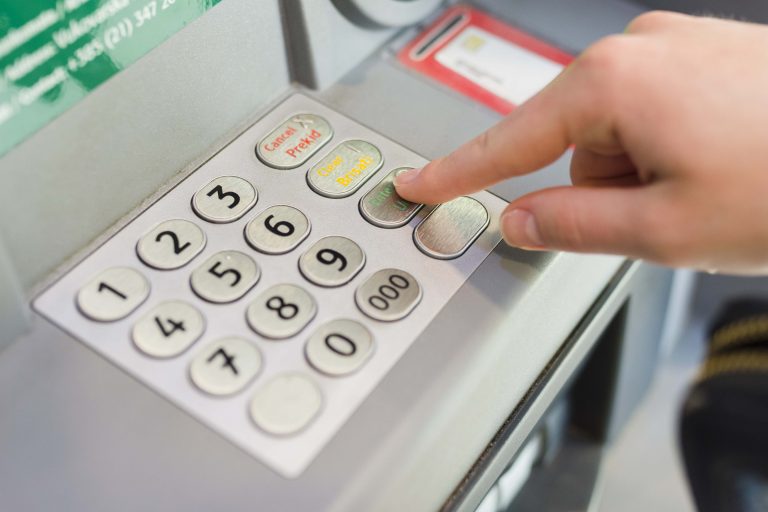
The Australian Tax Office, upon receiving reports of misuse pertaining to the early withdrawal of superannuation by those taxpayers financially impacted by the COVID-19 crisis, said they have “seen some COVID-19 early release of super examples where people are doing the wrong thing.”
“Compliance remains one of our priorities to ensure the integrity of the tax and super system. We will take action where people deliberately exploit the system”, the report further reads warning those who have provided misleading or false information.
They also said they have a variety of data sources that allow them to check for claims that were made incorrectly which includes, Single Touch Payroll (STP), income tax returns, information reported to them by super funds, and third party data from services including Services Australia and Home Affairs.
They are checking for behaviours such as:
- applying when there is no change to one’s regular salary and wage, or employment information
- artificially arranging affairs to meet the eligibility criteria
- making false statements or fraudulent attempts to meet the eligibility criteria
- withdrawing and recontributing super for a tax advantage.
Taxpayers who exploited the system risk consideration of released super as ‘assessable income’ – wherein the amount will be made to include in one’s tax return and one will have to pay tax on the released amount.
Furthermore, if one is found to be providing false or misleading information, one could be slapped with administrative penalties of more than $12,000 for each false and misleading statement.
The key question pertaining to administrative penalties thus becomes ‘if a taxpayer deliberately provided misleading/false information.
The ATO has provided three case studies to understand the situation better:
Example: JobKeeper and no change to working hours
Harry works 40 hours per fortnight and his employer receives the JobKeeper payment to subsidise his income. He hears that if you receive a government benefit you can apply for COVID-19 early release of super. Harry applies in late May 2020 and receives $10,000 from his super fund.
We contact Harry and ask him to demonstrate his eligibility. Harry explains that he receives a government payment. We advise Harry that JobKeeper isn’t a qualifying government payment but rather is a subsidy to his employer to contribute to his income. After discussing Harry’s circumstances, we determine that he does not meet any of the other eligibility criteria as he has not had a reduction in his working hours.
We revoke the approval of Harry’s application. Harry needs to include the $10,000 he withdrew as assessable income in his income tax return and pay tax on the released super amount. In this case, we do not apply an administrative penalty as Harry genuinely thought he was eligible as a result of receiving JobKeeper.End of example
Example: No change in circumstances, subsequently ignores advice
Tom studies full time and works most weekends as a casual employee at a takeaway shop. During COVID-19 lockdown the takeaway shop is able to remain open and Tom continues to work each weekend as he normally would. After hearing about the COVID-19 early release of super measure, Tom decides he could use some extra cash and applies for and receives $8,000 in May 2020.
When we review his application, we can see that the average amount he is paid from the takeaway shop hasn’t changed due to COVID-19. We ask Tom to demonstrate his eligibility and he explains that since he didn’t work full time he thought he was entitled to apply. We advise him that making a false or misleading statement can result in penalties and help him understand the eligibility criteria. We revoke the approval of Tom’s application. Tom needs to include the $8,000 he withdrew as assessable income in his income tax return. As Tom didn’t intend to make a false or misleading statement, we don’t apply a penalty this time.
In August 2020, Tom makes a second application for COVID-19 early release of super, this time for $5,000, despite no change in his working hours or the average amount he is paid. Tom is aware that he is not eligible but knowingly makes a false and misleading statement when he makes the application in August. We again revoke the determination we issue with respect to his application. As a result, Tom needs to include the $5,000 in his 2020-21 income tax return and pay tax on this amount. Tom also must pay $12,600 in penalties for making a false or misleading statement.End of example
Example: Deliberately arranging affairs to appear eligible, false or misleading statement
David works for a freight company and when he hears about the COVID-19 early release of super measure. He continues to work his ordinary 37 hours each week. He still wants to apply even though he knows he doesn’t meet any of the eligibility criteria. He changes the bank account that his wage is paid into, to a bank account in his wife’s name, so that it looks like he is unemployed and no longer getting paid. In May 2020 he applies for $10,000 in early release of super and declares on the application that he is unemployed.
We contact David and ask him to demonstrate his eligibility. David produces copies of his personal bank statement showing that his pay was not deposited into his account after April 2020. Through the Single Touch Payroll data David’s employer sends to us each fortnight, we can see that David has continued to be paid, regardless of the bank account the money is deposited into. It becomes evident that David’s deliberate intention is to deceive the ATO and exploit the COVID-19 early release of super measure.
We revoke the approval of David’s application. David needs to include the $10,000 he withdrew as assessable income in his income tax return. David also must pay $12,600 in penalties for making a false or misleading statement.






